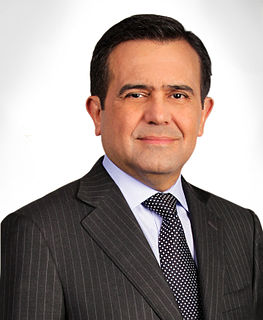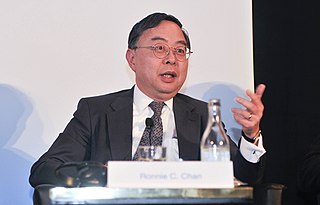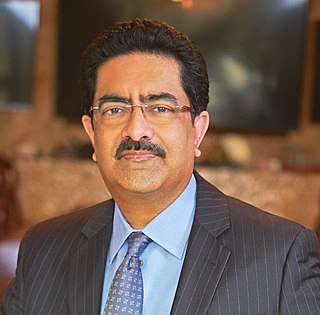A Quote by Azim Premji
The principal challenge we face is to go up the value- and domain-skill chain and build a strong consultancy front end and, also, to globalize our leadership much more.
Related Quotes
Leadership is the great challenge of the 21st century in science, politics, education, and industry. But the greatest challenge in leadership is parenting. We need to do more than just get our enterprises ready for the challenges of the twenty-first century. We also need to get our children ready for the challenges of the 21st century.
Leadership is scarce because few people are willing to go through the discomfort required to lead. This scarcity makes leadership valuable...It's uncomfortable to stand up in front of strangers. It's uncomfortable to propose an idea that might fail. It's uncomfortable to challenge the status quo. It's uncomfortable to resist the urge to settle...If you're not uncomfortable in your work as a leader, it's almost certain you're not reaching your potential as a leader.
It can be a challenge not to let failure, or negativity from others, prevent you from going after what you believe in and what in your gut you know can work. However it is important to face these challenges head on and give them a go and importantly don't beat yourself up if you fail - just pick yourself up, learn as much as you can from the experience and get on with the next challenge.
I decided to write Leadership BS because I was irritated by the hypocrisy in the leadership literature and the fact that many of the people writing leadership books exhibited behavior that was precisely the opposite of what they advocated and also what they claimed they did. Stories did not seem to be a good foundation on which to build a science of leadership.

































